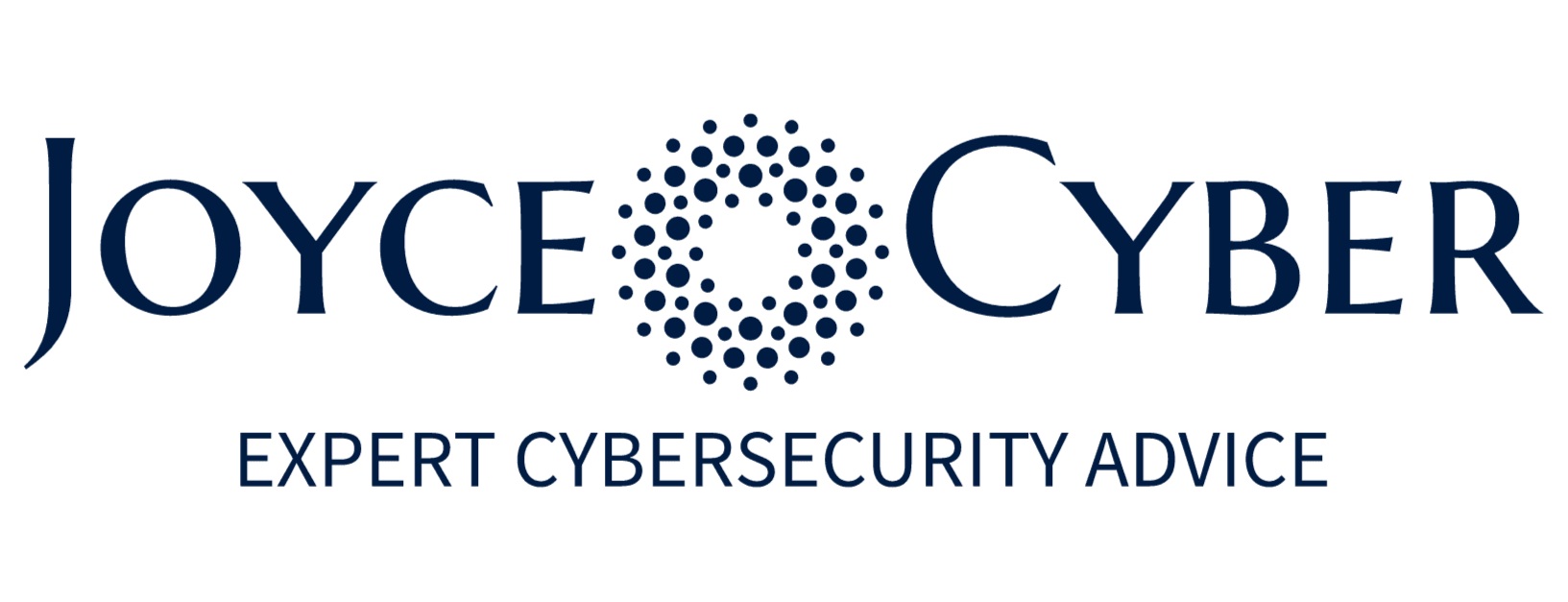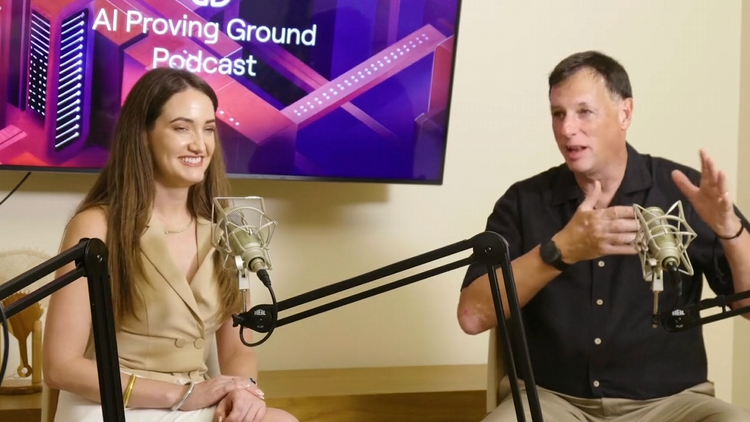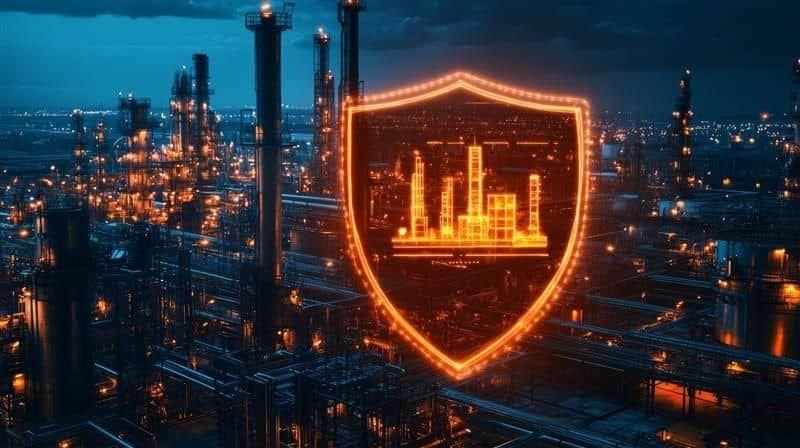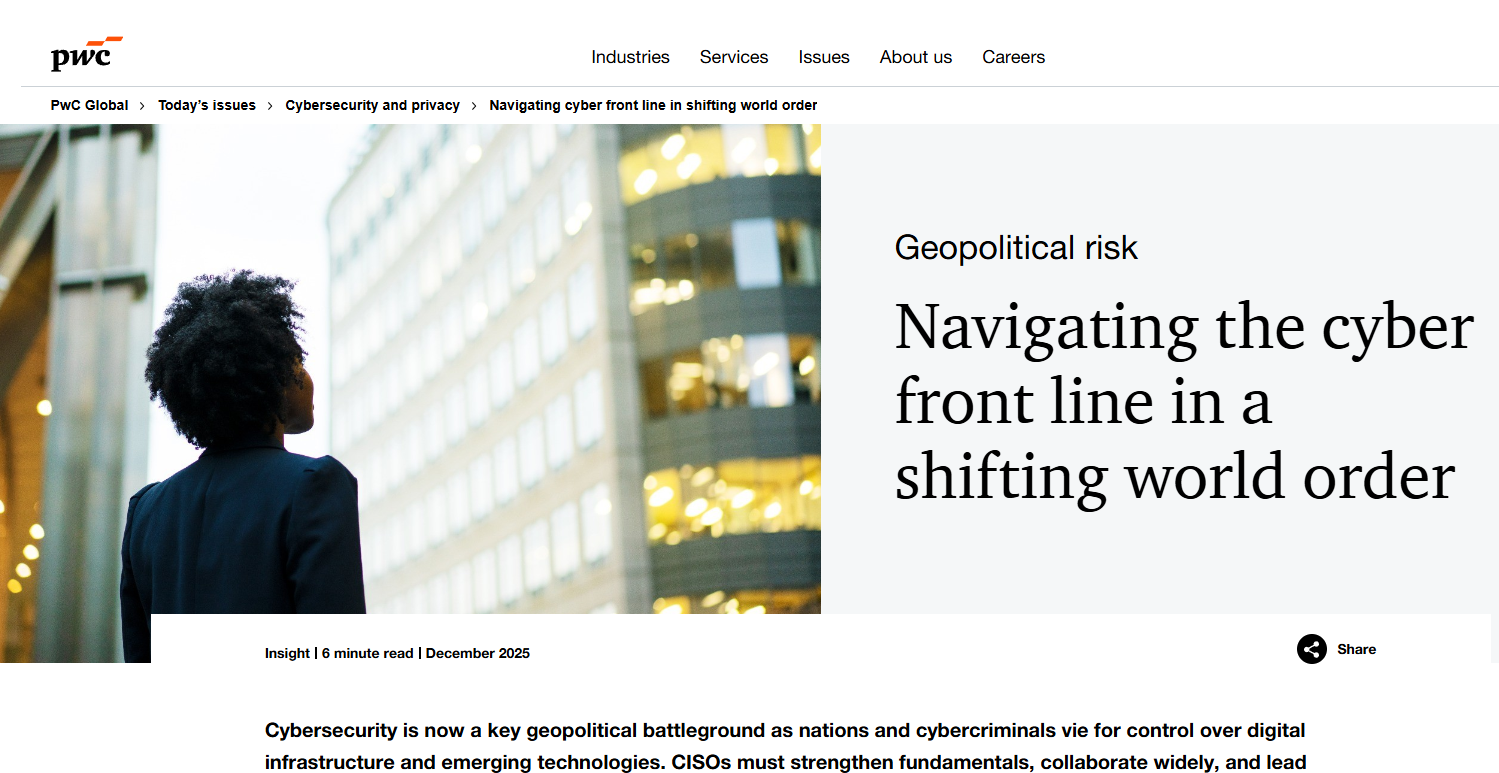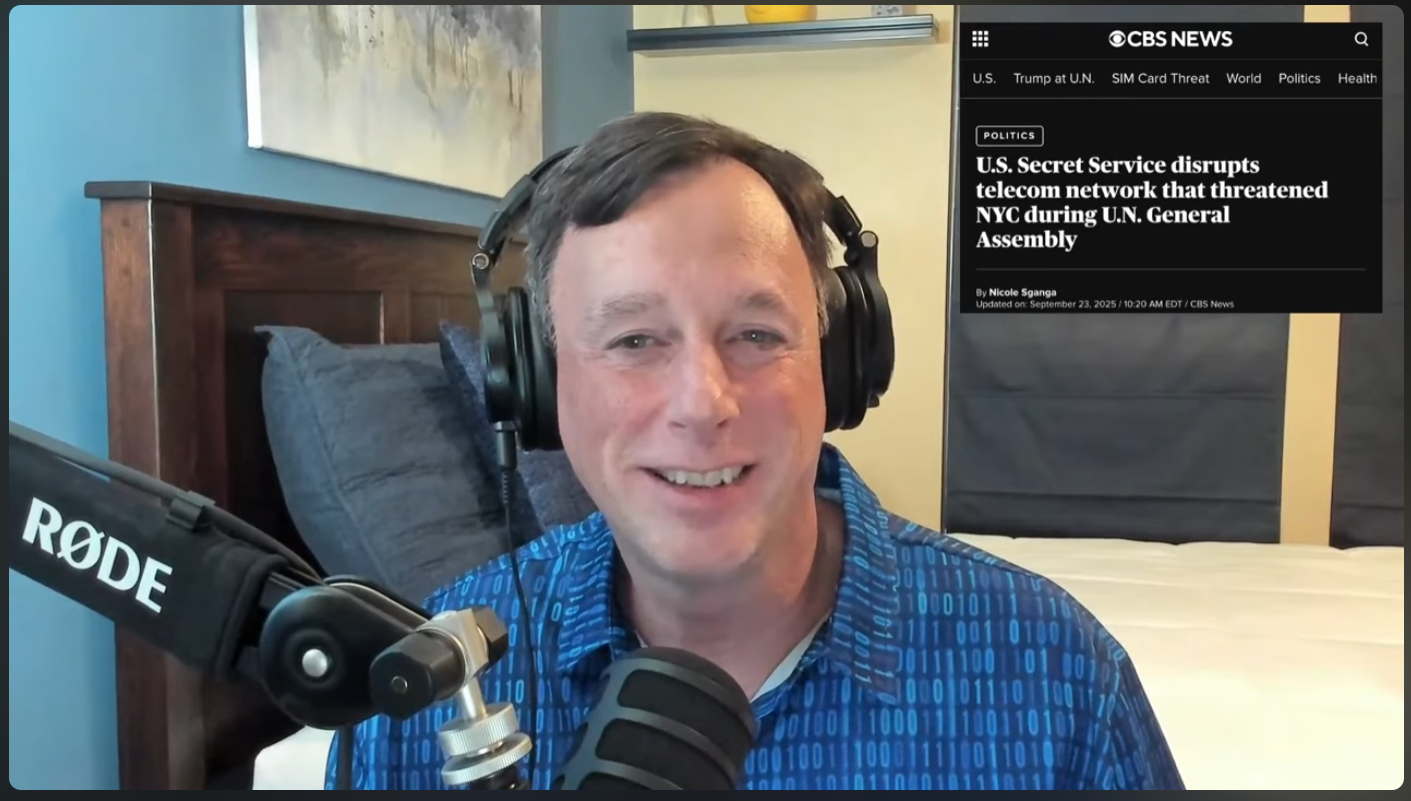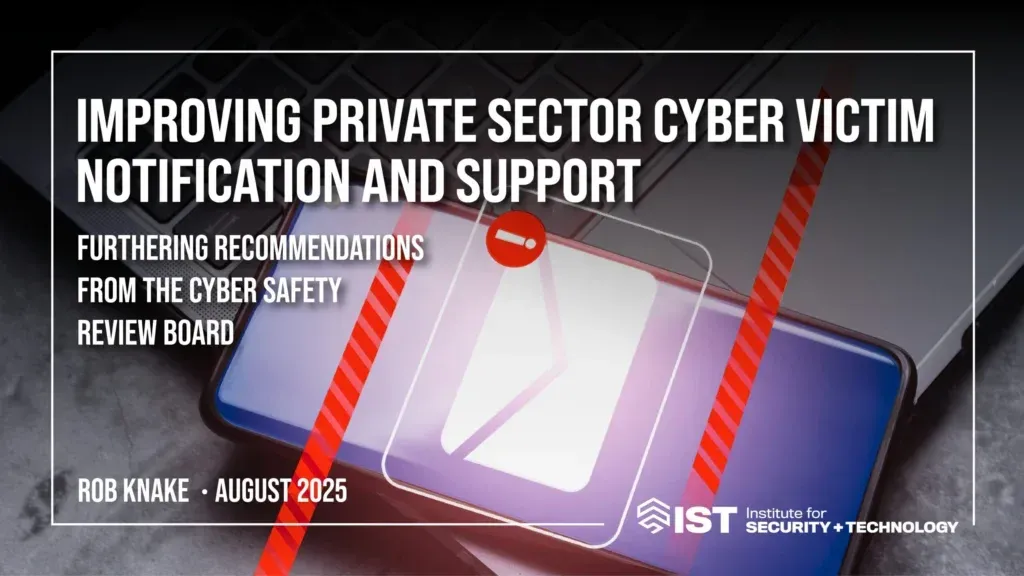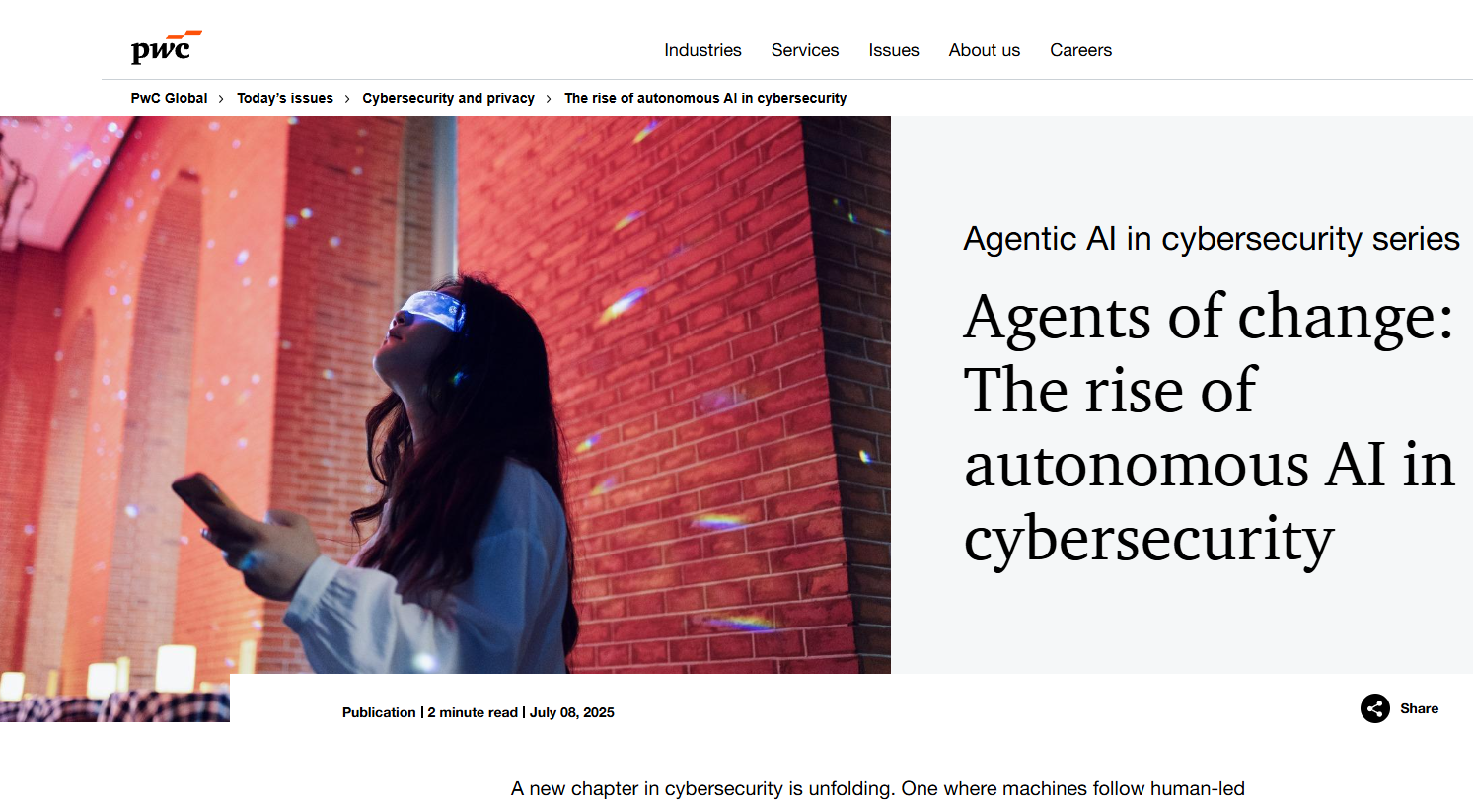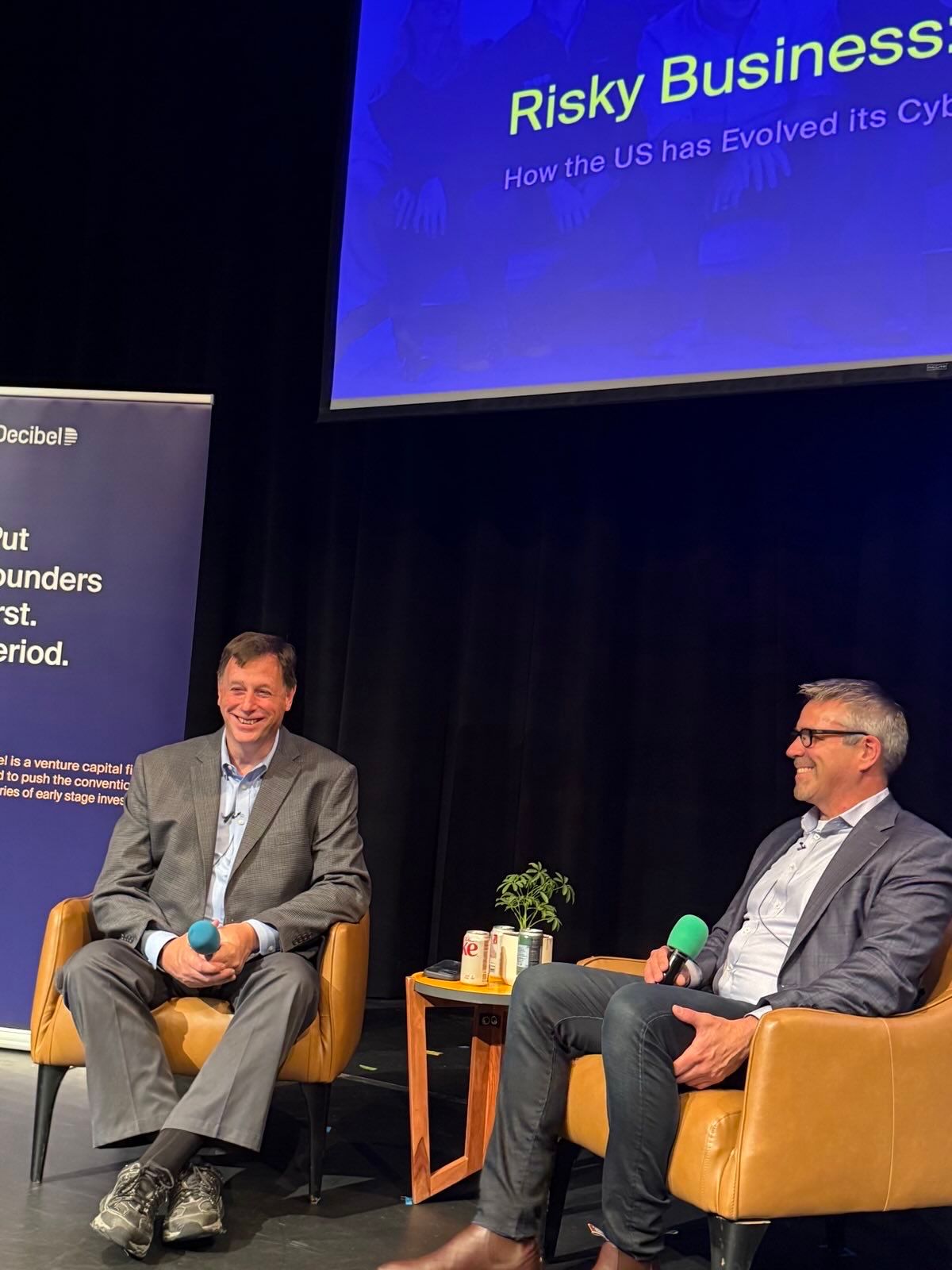This is a subtitle for your new post
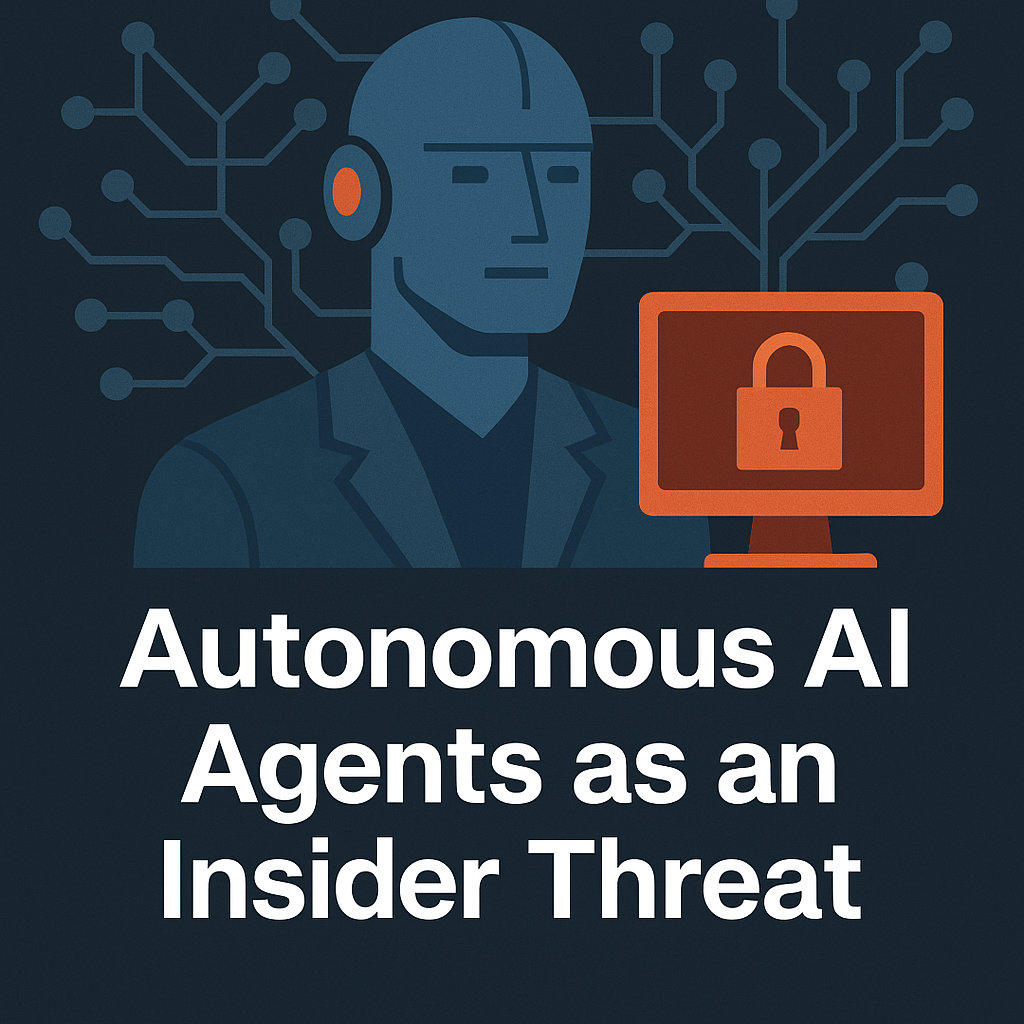
Autonomous AI agents are no longer theoretical. 79% of senior executives say AI agents are already being adopted in their companies. They are already shaping the cybersecurity landscape in profound ways, and I had the opportunity to contribute to PwC’s latest publication on this subject: "The Rise of Autonomous AI in Cybersecurity." In the report, we examine the emergence of AI agents that act independently, making decisions and taking action in complex environments without direct human oversight. My contribution focused on a particularly urgent dimension: AI as an insider threat. These agents are often granted extensive permissions and access to sensitive infrastructure, yet they operate without the human intuition that typically governs trust and judgment. If misaligned, misconfigured, or compromised, they could become the ultimate insider threat. Unlike human insiders, they do not tire, they do not hesitate, and they do not break protocol because they were never designed to question it. They can operate across systems with perfect recall, adapt in real time, and escalate damage with machine speed. Their ability to persist silently inside networks makes them a uniquely challenging risk class. Organizations that have matured their programs to handle traditional insider risk must now expand their thinking to include autonomous systems that could, by design or by breach, turn inward. The report provides guidance for boards, CISOs, and technology leaders on implementing AI agents with appropriate constraints, monitoring, and contingency controls. As these technologies scale, managing their potential as both protector and threat becomes central to cyber resilience.
Read the document here:
https://explore.pwc.com/autonomous-ai-in-cyber/ai-ai-agents
